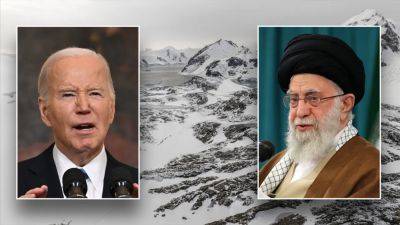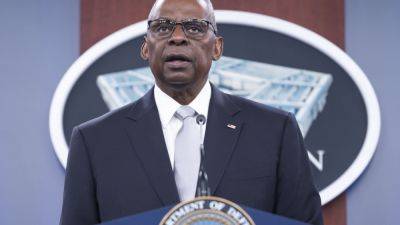U.S. Strikes Test Iran’s Will to Escalate
As Iran and the United States assessed the damage done by American airstrikes in Syria and Iraq, the initiative suddenly shifted to Tehran and its pending decision whether to respond or take the hit and de-escalate.
The expectation in Washington and among its allies is that the Iranians will choose the latter course, seeing no benefit in getting into a shooting war with a far larger power, with all the risks that implies. But it is not yet clear whether the varied proxy forces that have conducted scores of attacks on American bases and ships — and that rely on Iran for money, arms and intelligence — will conclude that their interests, too, are served by backing off.
In response to a drone attack by an Iran-backed militia that killed three American soldiers on Jan. 28, the United States hit back against that group and several other Iran-backed militias on Friday night with 85 targeted strikes. In the aftermath, American officials insisted there was no back-channel discussion with Tehran, no quiet agreement that the U.S. would not strike directly at Iran.
“There’s been no communications with Iran since the attack,” John Kirby, a spokesman for the National Security Council, told reporters in a call on Friday night after the retaliatory strikes were completed.
But even without direct conversation, there has been plenty of signaling, in both directions.
Mr. Biden is engaged in a military, diplomatic and election-year gamble that he can first restore some semblance of deterrence in the region, then help orchestrate a “pause” or cease-fire in Gaza to allow for hostage exchanges with Israel and then, in the biggest challenge of all, try to reshape the dynamics of the region.
But it is all happening in an area of the world he hoped,







